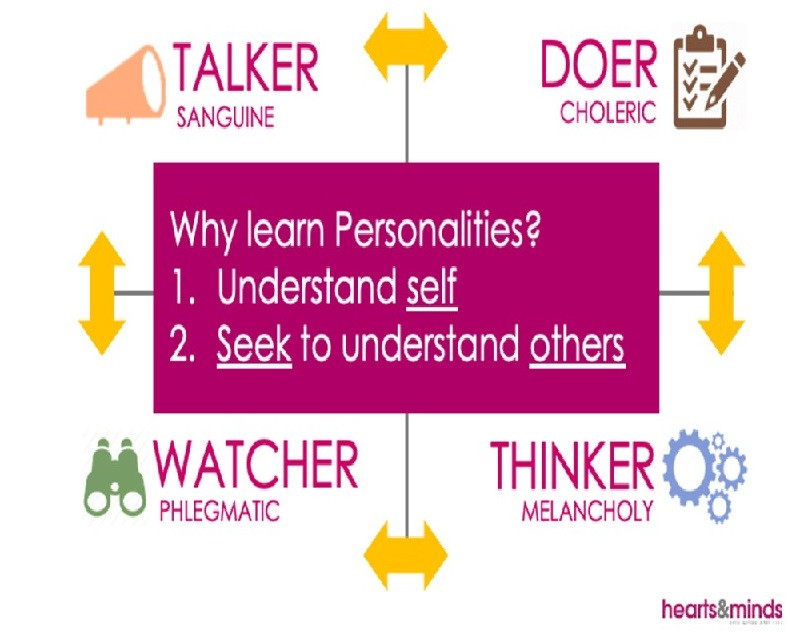Leadership is not solely about guiding a team but about inspiring growth, encouraging collaboration, and fostering resilience in every professional setting. In today’s fast-paced environment, individuals at all levels seek opportunities to refine their leadership abilities through structured learning experiences. A workshop for leadership training provides a platform to explore essential qualities such as decision-making, communication, and vision setting. These sessions allow participants to recognize their strengths while identifying areas where growth is possible. By creating a supportive environment, such workshops encourage individuals to embrace leadership not just as a role, but as an ongoing journey of self-improvement.
Benefits of Participating in Leadership Workshops
The importance of a leadership workshop extends beyond traditional skill-building. It serves as an avenue to understand how leadership styles impact both productivity and team morale. Participants gain practical insights into conflict resolution, emotional intelligence, and effective delegation, all of which play vital roles in professional success. Unlike passive learning methods, these workshops provide interactive scenarios where theory blends seamlessly with practice. This dynamic approach helps participants apply new techniques immediately within their organizations. By focusing on real-world challenges, leadership workshops enhance not only knowledge but also the confidence needed to manage complex workplace dynamics.
Structured Courses for Lasting Growth
Comprehensive learning comes through consistent engagement, which is why leadership development training courses hold significant value for aspiring and experienced leaders alike. These courses are designed to guide participants through a progression of modules that cover essential leadership competencies. Each stage of the curriculum integrates practical exercises with reflective practices, ensuring balanced development. The variety of topics ranges from strategic thinking and change management to personal branding as a leader. This layered approach enables professionals to expand their capabilities gradually while maintaining relevance in evolving workplace landscapes. By embracing such structured programs, participants nurture long-term leadership excellence.
Exploring Training Options for Professionals
The growing demand for capable leaders has led to the availability of diverse training courses for leadership development tailored to meet varying professional needs. Some courses emphasize foundational skills for new managers, while others focus on advanced strategies suited for senior executives. Online formats offer flexibility for busy professionals, while in-person sessions foster valuable networking opportunities. Through case studies, role-playing exercises, and mentorship components, participants receive a holistic learning experience. These varied approaches ensure that leadership training remains accessible and adaptable to different industries. With thoughtful planning, every professional can find a course that aligns with career aspirations and organizational goals.
Conclusion: A Pathway to Continuous Leadership Excellence
Leadership development thrives on consistency, reflection, and practical application. Workshops and structured training courses provide platforms to explore these dimensions while nurturing adaptability in a constantly changing professional environment. By engaging in such opportunities, individuals equip themselves with the skills necessary to influence, inspire, and guide effectively. Continuous growth ensures leadership remains a dynamic and evolving practice, capable of shaping both personal careers and organizational success in the long term.
